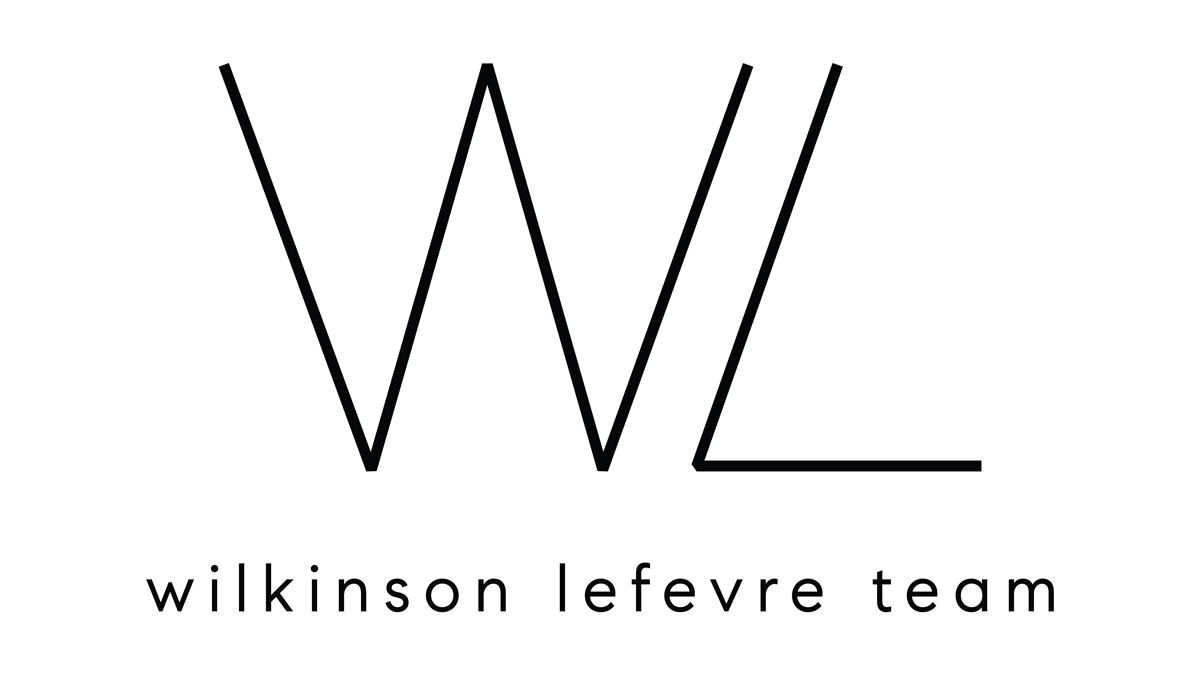
If you’ve been following the headlines, you’ve probably heard about the FARE Act—short for the Fairness in Apartment Rental Expenses Act. Passed by the City Council in November 2024, this new law is set to change how broker fees work in New York City’s rental market, and it’s generating a lot of conversation. The law is scheduled to take effect on June 11, 2025, which means both renters and landlords should be preparing now for what’s ahead.
What To Expect
Let’s start with what this means for renters. Under the FARE Act, if a broker is hired by a landlord or property manager to list an apartment, the broker’s fee can no longer be passed on to the renter. This is a big shift from the current system, where many tenants end up paying broker fees—even when they didn’t hire the broker themselves.
Right now, upfront costs for NYC renters average nearly $13,000, with broker fees making up a significant chunk of that total. The FARE Act aims to ease this financial burden by ensuring that tenants only pay a broker fee if they specifically hire a broker to represent them. That means, if you’re just responding to a listing posted by a landlord’s agent, you won’t be on the hook for those fees anymore.
Additionally, the law will require that all tenant fees—one-time and recurring—be clearly disclosed upfront in listings and rental agreements. No more surprise charges or hidden costs. This increased transparency should make it easier for renters to understand the true cost of moving into a new place.
That said, the FARE Act isn’t without controversy. Some industry groups have raised concerns, suggesting it could impact how brokers operate or affect the overall rental market. There’s also an ongoing legal challenge that could delay or even block the law from taking effect. For now, though, it’s scheduled to go live on June 11th.
Impact on Landlords and Listing Agents
While some landlords and agents might worry about the added costs, supporters of the FARE Act argue that it could actually help the market overall. By lowering upfront costs, more tenants may be able to move within the city, potentially increasing demand for available units and creating more opportunities for everyone in the business.
Violations of the FARE Act could result in fines starting at $500 and rising to $2,000 for repeat offenses, along with potential legal actions from tenants. It’s also important for landlords and brokers to know that renters are encouraged to report violations, so compliance will be key.
Looking Ahead
For renters, this could be a game-changer – helping to make renting in NYC more affordable and transparent.
And while the legal challenges could cause delays, it’s wise to start planning now so you’re ready, no matter what happens. We will be staying on top of any developments and will keep you informed as June 11th approaches.
If you have questions – whether you’re a renter trying to understand how this will impact your next move, or a landlord looking to adjust agreements and marketing strategies – we are here to help. Let’s connect and talk about what this all means for you.
